Senior Colonel Tang Hongbo ended his 216th day in orbit on Tuesday, extending his lead as the Chinese astronaut to have spent the longest time in space.
The 48-year-old from Hunan province is a member of China's second generation of astronauts and mission commander of the ongoing Shenzhou XVII mission. He is also the first person to have returned to China's Tiangong space station.
Tang made his first journey into space in June 2021, on the three-month Shenzhou XII mission, becoming one of the space station's first inhabitants.
During that mission, he spent 92 days and four hours in orbit.
On Oct 26, Tang and two crewmates, Lieutenant Colonel Tang Shengjie and Lieutenant Colonel Jiang Xinlin, set out on the Shenzhou XVII mission, arriving at the Tiangong station that afternoon.
By noon on Monday, Tang Hongbo's current mission had lasted 123 days, taking his total time in orbit to 215 days.
That meant he surpassed Chen Dong, who previously held the record for the longest time in-orbit for a Chinese astronaut after spending a total of 214 days and 15 hours in orbit on two space missions.
The Shenzhou XVII mission crew is scheduled to spend over two more months in orbit, which means Tang Hongbo will return to Earth having clocked about 280 days of orbital flight.
He has also made two space flights within the shortest interval — two years and one month — of any Chinese astronaut.
Twenty Chinese astronauts have been in space on 12 space flights.
Among them, Tang Hongbo, Chen Dong and Jing Haipeng — the first Chinese astronaut with four spaceflights — each have more than 200 hours in orbit.
Oleg Dmitriyevich Kononenko, a 59-year-old Russian cosmonaut, boasts the longest time in space of any astronaut in the world. He has accumulated more than 900 days in orbit during his five flights to the International Space Station, including his current one-year flight.








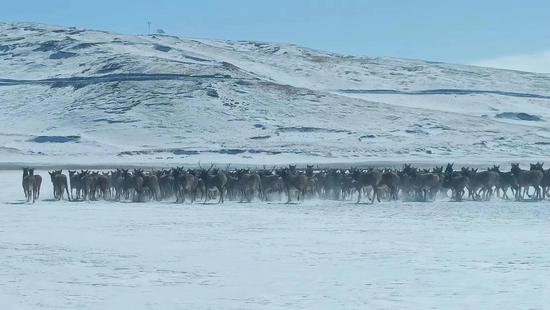
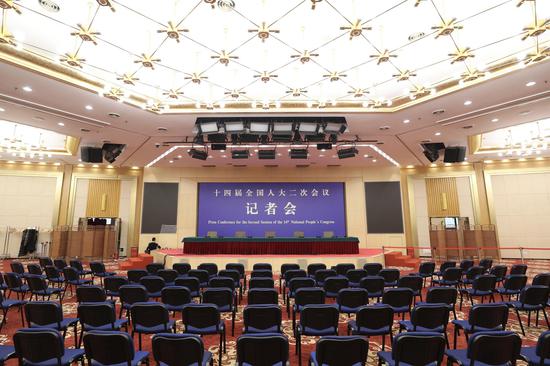
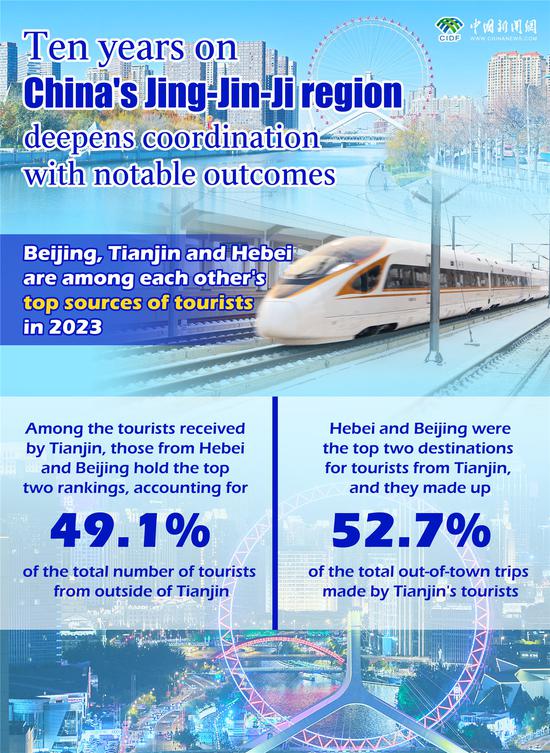
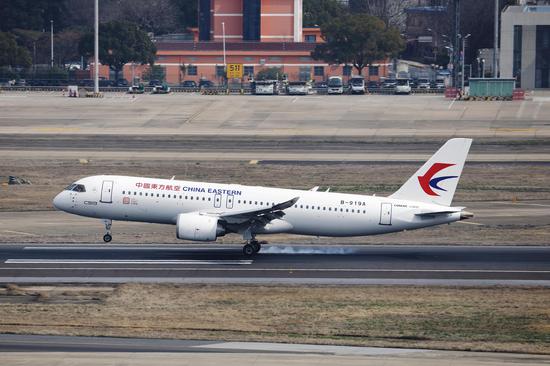
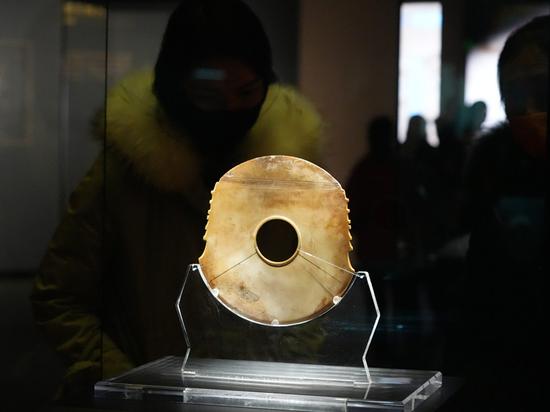


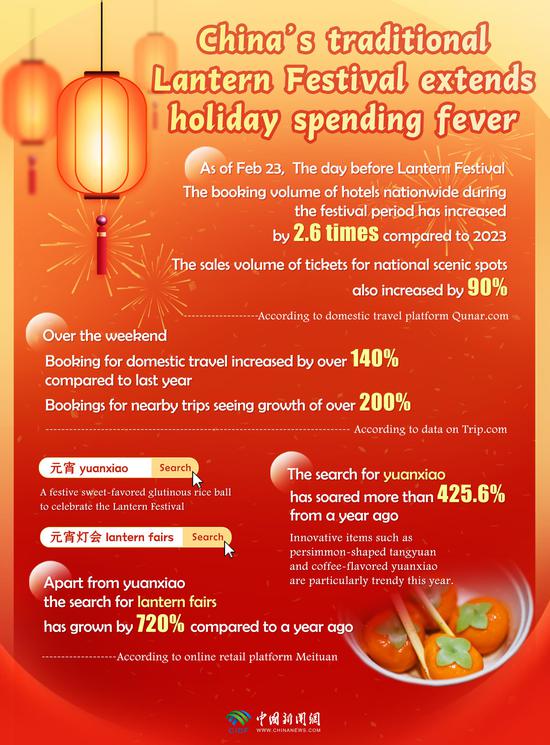
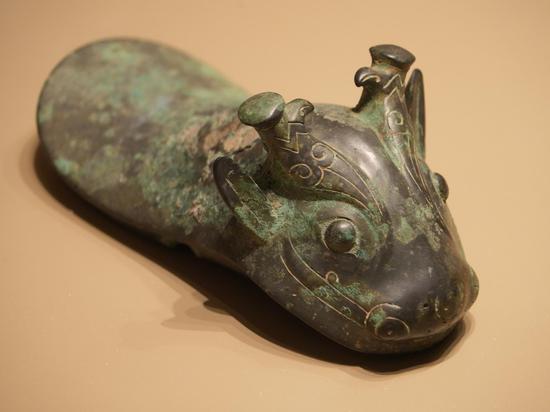
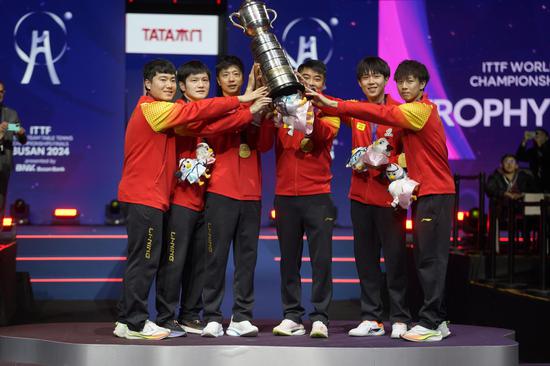





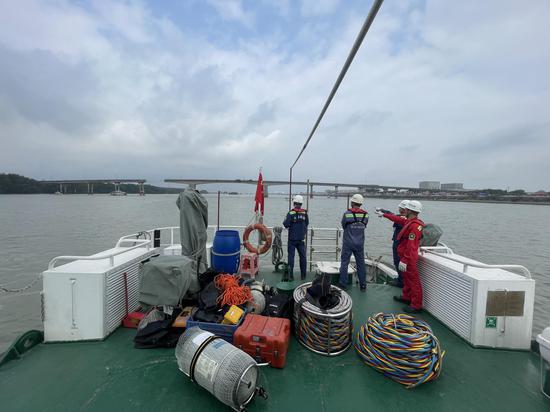

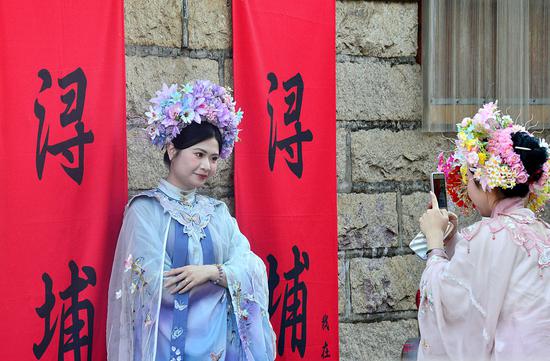
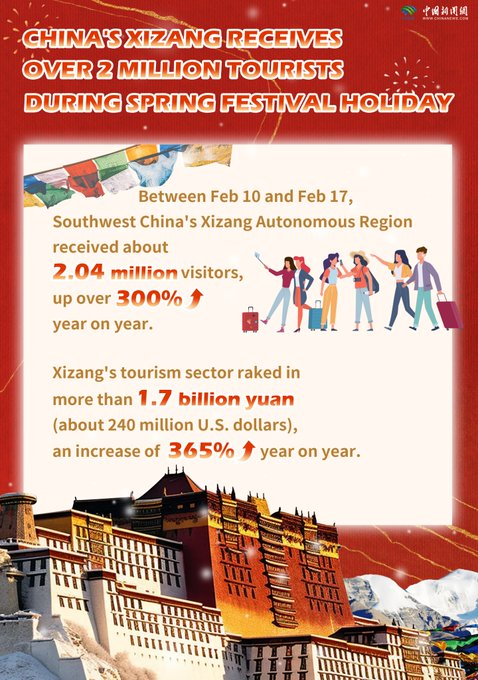
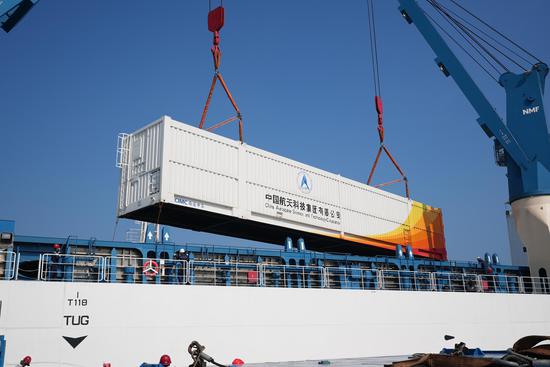





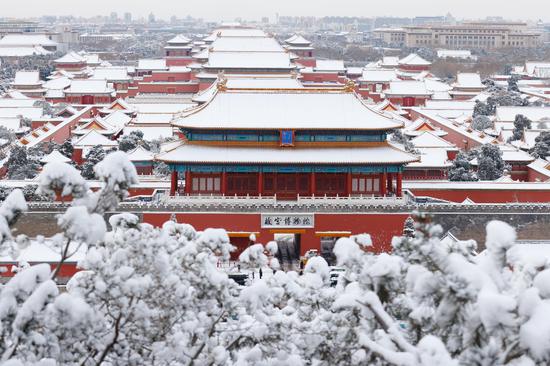
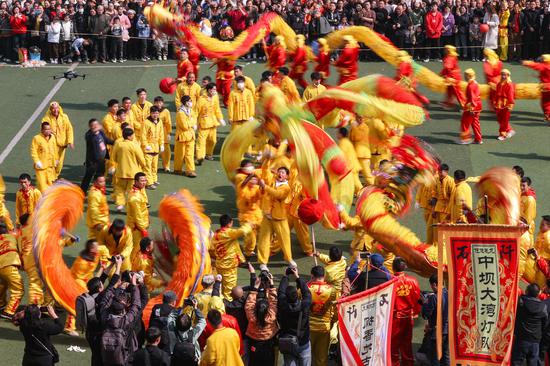


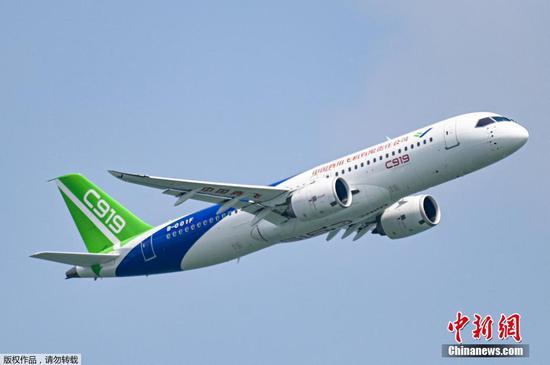

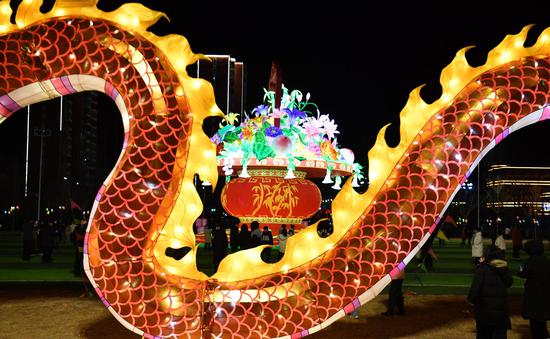

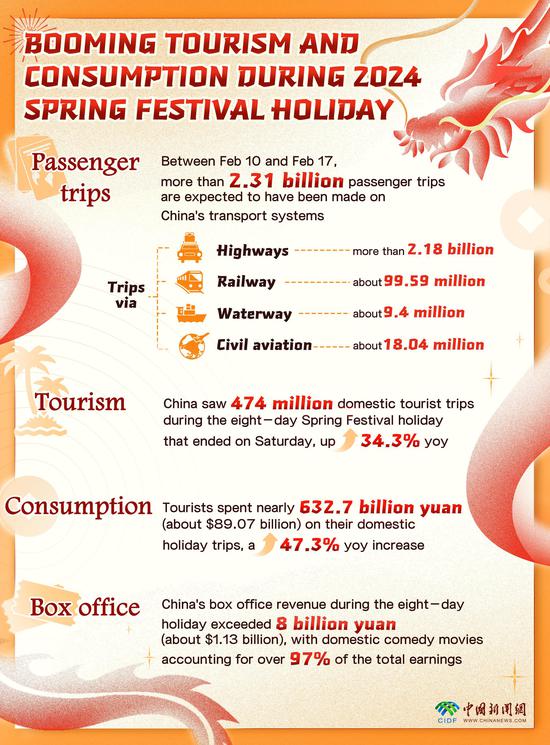


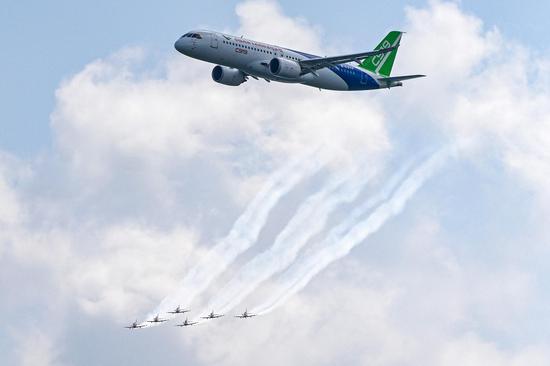





 京公网安备 11010202009201号
京公网安备 11010202009201号